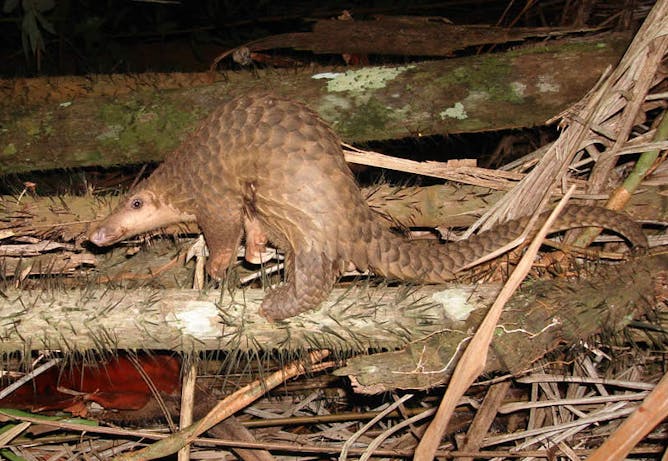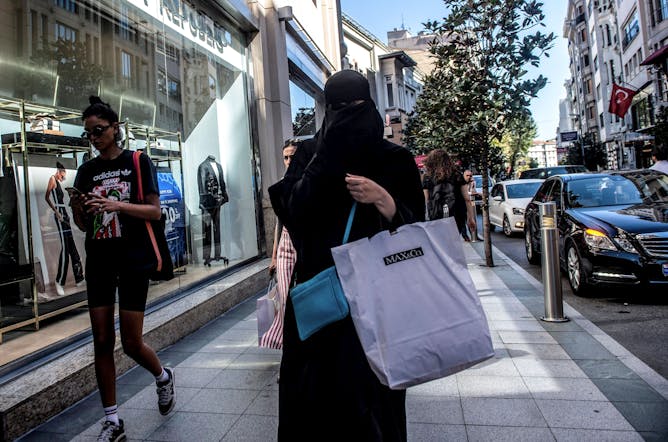|
One of the great strengths of The Conversation is that we are a global network of sites. From the founding of The Conversation in Australia in 2011, we have expanded into a network of eight editions around the world, sharing a philosophy of unlocking knowledge and a technological infrastructure.
While we select the most relevant stories from around the globe, you might be interested in getting a perspective from another region, by signing up for one or more of our newsletters from Canada, the United Kingdom, Africa, Australia, France (in French), Spain (in Spanish) or Indonesia (in Bahasa).
We hope you find this week’s most-read articles interesting. Happy hunkering!
|

This Sunda pangolin found throughout Southeast Asia is currently considered to be critically endangered.
Piekfrosch / German Wikipedia
Yang Zhang, University of Michigan; Chengxin Zhang, University of Michigan; Wei Zheng, University of Michigan
When a new virus emerges and triggers a pandemic, it is important to trace its origins. Knowing more about how the virus jumped species in the first place can help curb future zoonotic diseases.
|

A woman wearing a niqab and headscarf, with other shoppers in Istanbul, August 13, 2018.
YASIN AKGUL/AFP via Getty Images
Anna Piela, Northwestern University
As people everywhere don face masks, scarves and bandanas to protect against coronavirus, Muslim women who wear the niqab, or Islamic veil, are feeling a lot less conspicuous.
|
|
|
-
Tim Riley, Emerson College
Unbridled ambition and bruised egos created an irreparable fissure.
-
Jon Pedersen, University of South Carolina
School closings due to COVID-19 could prompt school districts to try to make up for lost time during the summer. An education scholar explores the pros and cons of that scenario.
-
Ellen Wright Clayton, Vanderbilt University
Winter is flu season – could it be coronavirus season as well? The research is mixed, but other factors besides temperature and humidity have more to do with the spread of SARS-CoV-2.
|
|